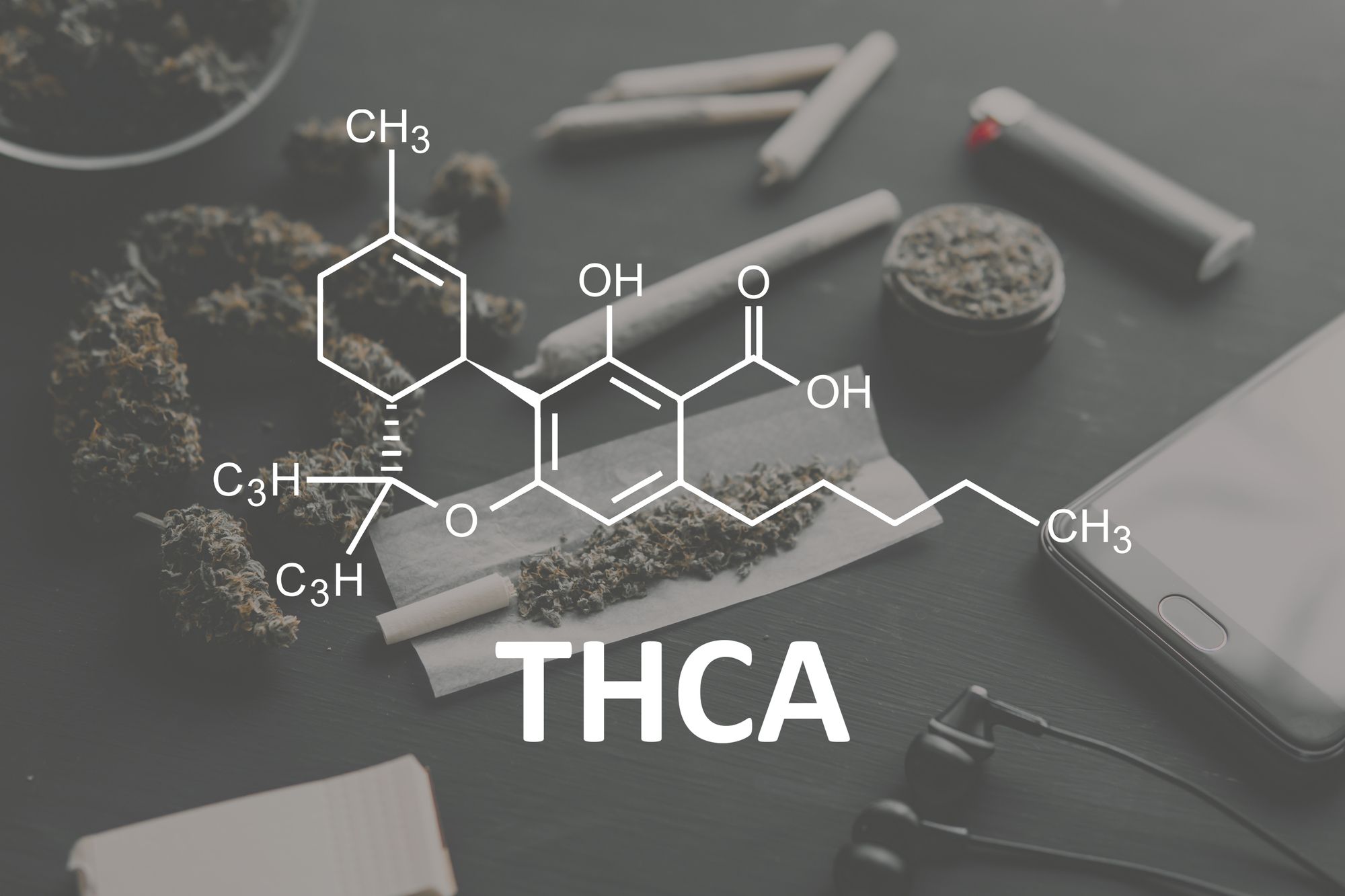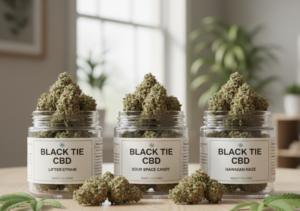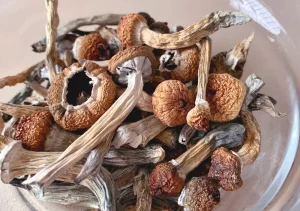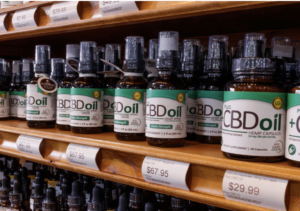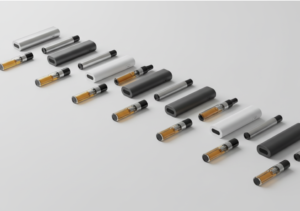In recent years, THCA (tetrahydrocannabinolic acid) has gained significant attention and popularity in the cannabis industry. As the cannabis market evolves, consumers and researchers alike are exploring the benefits and potential of various cannabinoids. THCA stands out due to its unique properties and its status as a legal alternative to THC in many regions. This article delves into what THCA is, why it is becoming popular, and the different ways it can be consumed.
What is THCA?
THCA is a non-psychoactive cannabinoid found in raw and live cannabis. Unlike THC (tetrahydrocannabinol), the well-known psychoactive component of cannabis, THCA does not produce a high. This is because THCA is the precursor to THC; it converts to THC through a process called decarboxylation, which typically occurs when cannabis is exposed to heat (such as through smoking, vaping, or cooking). In its raw form, THCA offers a range of potential therapeutic benefits without the psychoactive effects.
Why is THCA Becoming Popular?
The primary reason for the rise in THCA’s popularity is its legal status. In many states where THC is heavily regulated or illegal, THCA remains legal. This is because THCA itself is not psychoactive and does not fall under the same legal restrictions as THC. Consumers seeking the benefits of cannabis without legal complications are turning to THCA as a viable alternative.
THCA is considered legal in many jurisdictions because it does not produce psychoactive effects. Unlike THC, which binds to CB1 receptors in the brain to produce a high, THCA does not bind to these receptors in the same way. This fundamental difference in chemical behavior means that THCA does not trigger the same legal concerns as THC, which is often classified as a controlled substance due to its psychoactive properties.
Furthermore, THCA can be derived from hemp, which was federally legalized in the United States under the 2018 Farm Bill. This legislation allows for the cultivation, processing, and sale of hemp and hemp-derived products, provided they contain no more than 0.3% THC by dry weight. Since THCA is present in raw hemp and does not become psychoactive until decarboxylated (heated), products containing THCA are generally compliant with federal regulations, thus making them accessible in markets where THC is restricted.
However, it is essential for consumers to be aware that the legal landscape can vary significantly between states and countries. While THCA may be legal at the federal level or in certain states, local regulations may still impose restrictions on its sale and use. Therefore, staying informed about local laws is crucial for consumers interested in THCA products.
Ways to Consume THCA
There are several methods to consume THCA, each catering to different preferences and needs. Here are some of the most popular forms:
Flower
THCA flower is one of the most natural ways to consume THCA. When consumers heat THCA flower, the THCA undergoes decarboxylation, a chemical reaction that converts it into THC, the psychoactive compound known for producing a high. Users can smoke or vaporize THCA flower in the same way they would marijuana.
Consuming THCA flower provides a full-spectrum experience, as the flower contains not only THCA but also other cannabinoids, terpenes, and flavonoids. These compounds work together in what is known as the “entourage effect,” potentially enhancing the overall therapeutic benefits of the cannabis plant. This holistic approach appeals to many consumers who prefer a more natural and unprocessed form of cannabis consumption.
Concentrates
THCA concentrates like Sweet Leaf’s THCA badder are another popular method of consumption. These concentrates are typically extracted from cannabis plants and can come in various forms, such as crystals, diamonds, or powder. Users can consume THCA concentrates through:
- Dabbing: This involves using a dab rig to vaporize the concentrate at high temperatures. It is essential to be cautious with the temperature to avoid converting THCA into THC.
- Vaping: Special vaporizers designed for concentrates can heat the product to a precise temperature, ensuring that THCA remains intact.
THCA is emerging as a promising and popular cannabinoid in the evolving cannabis landscape. As more research is conducted and the understanding of THCA expands, its popularity is likely to continue growing. Whether through flower or potent concentrates, consumers now have multiple ways to incorporate THCA into their routines, legally enjoying the benefits of cannabis.
